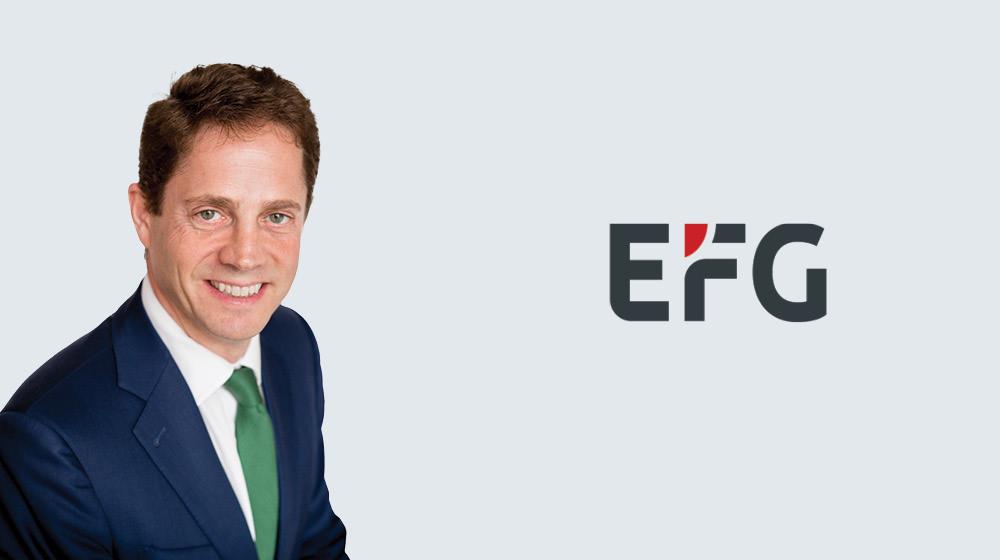As the world moves on from what EFG Asset Management estimates to have been the worst year for longer-dated US Treasuries in at least 150 years, Daniel Murray, the firm’s Global Head of Research and Deputy CIO, explains that, while there has been a short-term improvement in the data, it is too early to tell how the bond market will develop as 2023 progresses.
In 2022, the US bond market turned in its worst-ever performance. What was behind this?
In short, an unexpectedly sharp and persistent increase in inflation wrong-footed the vast majority of the investment community and economics profession, including investment banks, major central banks and large, internationally respected organisations such as the IMF, the OECD and the World Bank. Just when it appeared that the supply chain challenges associated with the COVID-19 crisis were starting to abate, Russia invaded Ukraine, generating a massive energy price shock. This precipitated sequential rounds of revisions to the outlook for interest rates, with central banks, led by the US Federal Reserve, hiking further and faster than anyone had imagined at the start of the year. According to our estimates, 2022 was the worst year for longer-dated US Treasuries in at least 150 years.
How would you describe the investment outlook for bonds in 2023?
There is a relatively simple mathematical relationship between expected returns on fixed income investments and their yield. The horrendous year for fixed income across all sectors of the market in 2022 means that yields are now much higher. Hence, forward-looking returns are much more attractive than they were at the beginning of last year. This, of course, varies by market, segment and country. One factor that remains a source of uncertainty is the economic cycle. Recent data has been a bit better than expected, leading to questions about the depth of any economic slowdown and whether recessions are likely around the world. Whilst there has been a short-term improvement in the data, which is welcome, it is too early to tell if we will get a hard landing, a soft landing, or if there will be only a very mild slowdown in activity before it re-accelerates. This is important for the outlook for fixed income markets from a number of different angles: (i) if the economic cycle deteriorates, one would expect default rates to rise and credit spreads to widen, especially in sub-investment grade debt (ii) if the economic situation worsens, one would expect to see longer bond yields rally, and (iii) if the economic situation improves meaningfully, one would expect to see the curve flatten.
What kind of bonds are of most interest to investors?
With yields now much higher than they were at the start of last year, all segments of the fixed income market look more attractively priced. From a pure yield perspective, the shorter end of the curve is offering the highest expected short-term returns, given curve inversions in many parts of the world. However, from a risk management and portfolio construction perspective, there is a case to be made for holding some exposure to high-quality longer-dated securities in case the economic situation deteriorates and the long-end rallies, despite lower yields than at the short end of the curve. To some extent, this depends on whether an investor is concerned about absolute returns or returns relative to a fixed income benchmark. It is also true that it makes sense to hold some exposure to high-quality longer-dated fixed income securities in multi-asset portfolios, as a means of offsetting equity risk. Trying to balance risk and return suggests to us that investment grade exposure is the most attractive of the main fixed income market segments at the moment, with intermediate investment grade bonds offering a pick-up in yield and the potential for small capital appreciation. European banks are, arguably, comparatively cheap versus many cyclical industrial names.
(This interview first appeared in the February 2023 issue of GOLD magazine. Click here to view it.)









